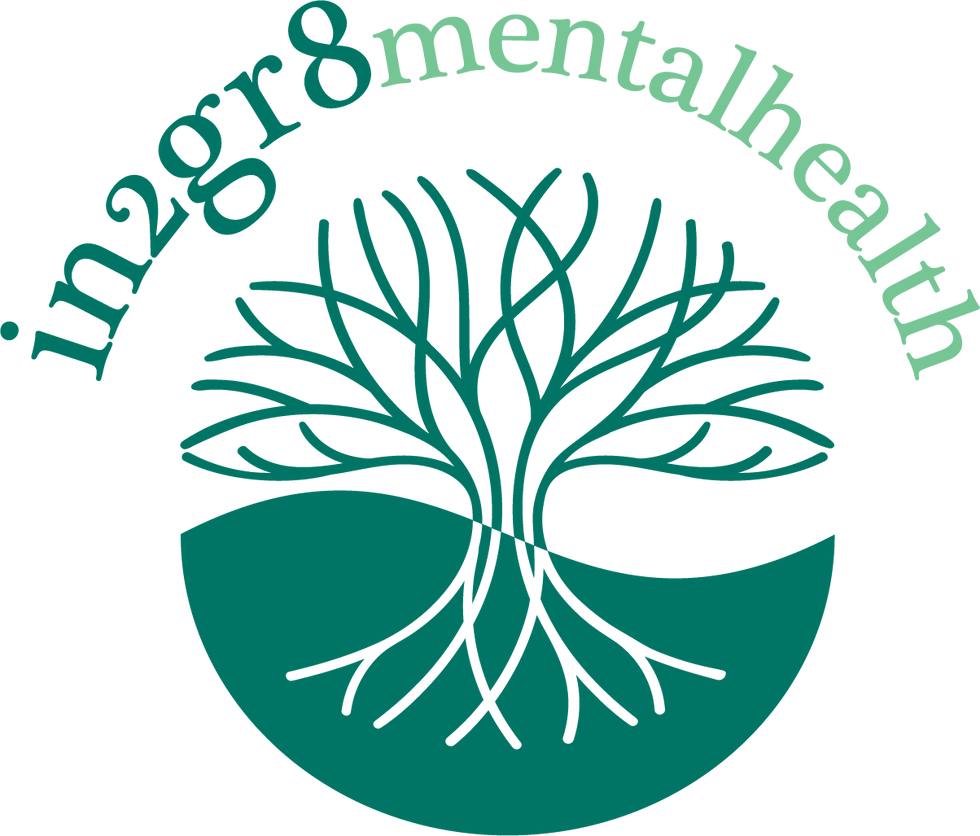BPS guidance published: Supporting and valuing lived experience in clinical psychology training
- nataliekemp5
- Sep 7, 2020
- 3 min read
Updated: Sep 13, 2020

The guidance for 'Supporting and valuing lived experience of mental health problems in clinical psychology training' was published today by the Division of Clinical Psychology, British Psychological Society.
What an amazing day! It was both exciting and moving to work on this guidance together with a brilliant team at UCL Unit for Stigma Research (UCLUS) and such an invested working group of clinical tutors, trainees and placement supervisors; I am proud to be lead author which is a first for me, and couldn't have been on a better subject more close to my heart!
We hope that the guide will help open compassionate spaces to talk about supporting and valuing lived experience in clinical psychology training. It is often felt that having lived experience as a provider of mental health services is something to be ashamed of because stigma says this is so. Stigma also likes to divide and silence. Stigma has had far too much airtime! This is no longer tenable by any of us, fears must be addressed.
The guidance sets the tone not only of compassionate engagement, but also of anti-discrimination as safeguarded in the Equality Act (2010). It presents examples of good practice and encourages clinical psychology courses around the UK to think about their position to lived experience. It offers advice and resources on options and choices around sharing lived experience, which includes us here at in2gr8mentalhealth. The guidance is aimed at all in the training context, trainees, tutotrs and placement supervisors. We hope that the work will be taken up as mainstream, encouraged by the Group of Trainers in Clinical Training (GTiCP), and have a wider positive effect on clinical training courses throughout the mental health scene; our stakeholder group included the Royal College of Nursing and the Royal College of Psychiatry.
I have written before about my embodied experience of working on this guidance, it has been an example of how it is possible, and also so important, to be able to bring both your lived and trained / qualified experience to your work, to help develop the professional systems we work in. It has also been nothing less than a very important part of my own mental health recovery, even at this later stage and it was wonderful to bring all of myself to the task. It tells me what I already felt sure of, that when it comes to lived experience, we must pay attention to the nature of the messages we hear around us in our professional work cultures, because these can have a lasting impact on our own internal worlds. We want to turn what some have experienced as detrimental and deletrious, into containing and enabling.
We must all be ready and willing to engage with the shadow parts of ourselves and our vulnerability in the clinical psychology world, this is no easy task; my analysis felt like a second job to me alongside training, and was equally as formative in my professional development, I was determined to face my trauma and work with it to move forward in what I wanted to do in helping others. That was my journey, each of ours are different and I hope such conversations will become easier. I hope that this guidance helps many of those that we speak to at in2gr8mentalhealth.
This work and publication is validation for activisits like myself, that the training area has needed attending to around this issue. It is powerful to see this publication come out alongside the statement on clinical psychologists with lived experience of mental health difficulties from the Division of Clinical Psychology / British Psychological Society.
At in2gr8mentalhealth we believe in working with the all the pillars of the mental health scene: training, professional body, Trusts / workpalces and peers; nothing less than full systemic engagement with all stakeholders in the mental health scene is necessary to fight stigma.
We look forward to our live broadcast re-launch on 14h September at 7pm on our YouTube channel, we hope you can join us to find out more about our offer and watch the first episode of our 'inconversation with' series - you can see the trailer here.
In all hope for a better more inclusive future.




Comments